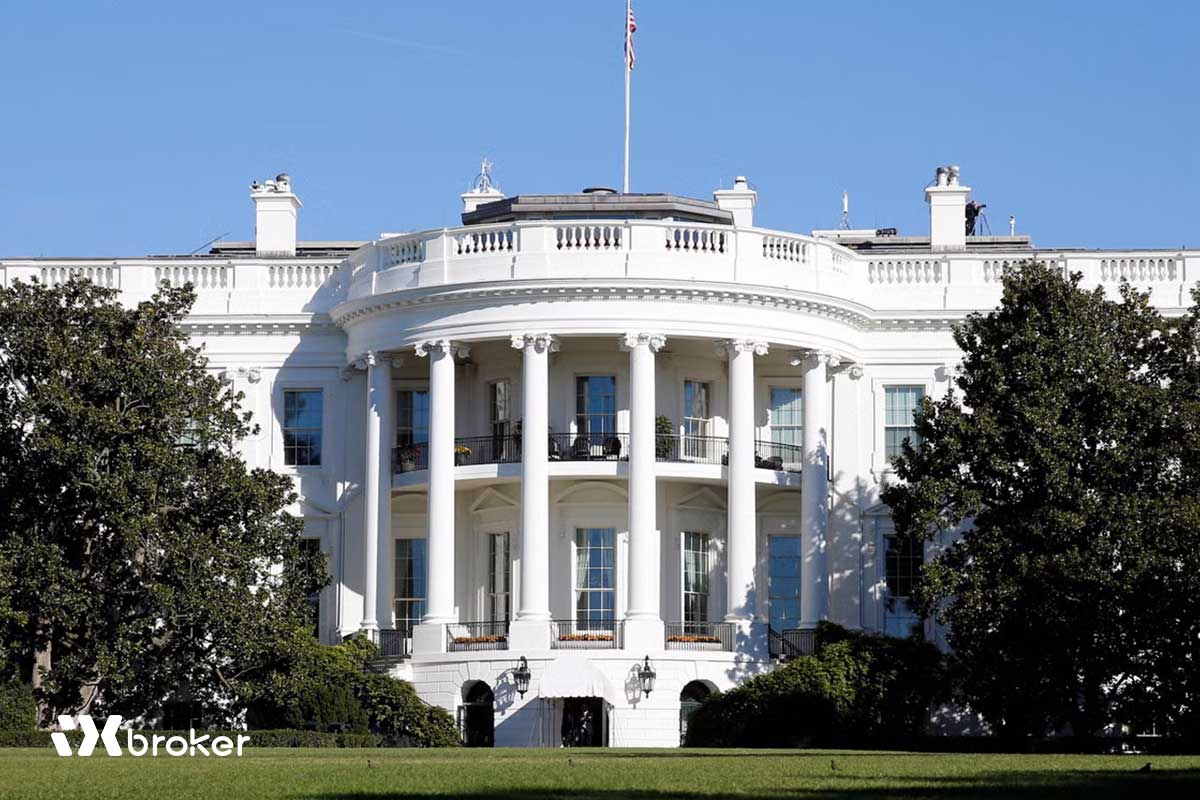The U.S. Senate on Friday once again failed to pass competing funding measures, ensuring that the federal government shutdown—now in its third day—will continue into next week.
Both parties’ proposals were widely expected to fail. Republicans pushed a “clean” resolution that would extend current spending levels through late November, while Democrats offered a plan that included additional healthcare and social funding provisions. Each bill fell short amid continued partisan divisions that have defined the latest budget standoff.
Stalemate likely to extend into next week
The deadlock mirrors earlier failed votes both before and after the shutdown began on Wednesday, making it increasingly likely that federal operations will remain partially closed until at least Monday.
Rather than working toward compromise, lawmakers spent much of Friday trading blame for the impasse. Senate Majority Leader John Thune (R-S.D.) accused Democrats of bowing to pressure from their party’s progressive wing.
“It’s all about President Trump and the Democrats needing to pick a fight to satisfy their far-left political base,” Thune said. “That’s all this is about.”
Democrats, meanwhile, placed responsibility squarely on the White House. House Minority Leader Hakeem Jeffries (D-N.Y.) told MSNBC that President Donald Trump had effectively vanished from the negotiations. “Trump is in the presidential witness protection program—no one can find him when it comes to the shutdown issue, because he knows he’s responsible for having caused it,” Jeffries said.
750,000 federal workers furloughed
The ongoing shutdown is expected to furlough an estimated 750,000 federal employees and temporarily halt a wide range of government programs and services. The Trump administration, which has been focused on reducing the size of the federal workforce, warned that this shutdown could result in permanent layoffs—something that did not occur during prior funding lapses.
Trump described the situation as an “unprecedented opportunity” to reduce what he called “Democrat Agencies,” though the administration has not provided specifics on which departments could face long-term cuts.
Funding freeze hits major infrastructure projects
The shutdown follows a series of funding freezes announced by the administration. Earlier this week, the Department of Transportation halted $18 billion earmarked for two infrastructure projects in New York City, while the Department of Energy cancelled nearly $8 billion in climate and clean energy initiatives across 16 states won by Democratic presidential nominee Kamala Harris in the 2024 election.
On Friday, the DOT extended the freeze to another $2.1 billion designated for Chicago’s public transit system, signaling that further disruptions could be ahead if the budget stalemate continues into next week.



